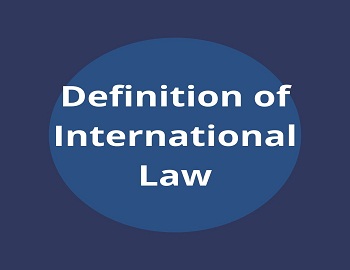Fundamental Duties GK:
- Fundamental duties were added to the Constitution of India on the recommendation of which Committee- Swaran Singh Committee.
- Indian Constitution borrowed Fundamental Duties from which Constitution of the world- Soviet Constitution (USSR or Russia).
- Fundamental Duties were added in which part of the Constitution- Part IV-A.
- Which article of the constitution contained the Fundamental Duties- Article 51-A.
- Which Constitutional Amendment Act added Fundamental Duties in the constitution of India- 42nd Constitutional Amendment Act, 1976.
- How many Fundamental Duties were added by the 42nd Constitutional Amendment Act- Ten Fundamental Duties.
- 11th Fundamental Duty was added by which Constitutional Amendment Act- 86th Constitutional Amendment Act, 2002.
- Which Fundamental Duty added by the 86th Constitutional Amendment Act, 2002- to provide opportunities for education to his child or ward between the age of six and fourteen years.
- Which Act prevents disrespect to the Constitution of India, the National Flag, and the National Anthem- The Prevention of Insults to National Honour Act (1971).
- Which Act provides for punishments for offences related to caste and religion- The Protection of Civil Rights Act (1955).
- Which Act provides for the disqualification of members of the Parliament or a state legislature for indulging in corrupt practice i.e. soliciting votes on the ground of religion or promoting enmity between different sections of people on grounds of caste, race, religion, language, etc.- The Representation of People Act (1951).
List of Fundamental Duties-
The 42nd Constitutional Amendment Act, 1976 has inserted Part IV-A with Article 51-A having a set of Fundamental Duties. It says that “it shall be the duty of every citizen of India:
(a) to abide by the Constitution and respect its ideals and institutions, the National Flag and the National Anthem.
(b) to cherish and follow the noble ideals that inspired the national struggle for freedom.
(c) to uphold and protect the sovereignty, unity and integrity of India.
(d) to defend the country and render national service when called upon to do so.
(e) to promote harmony and the spirit of common brotherhood amongst all the people of India transcending religious, linguistic and regional or sectional diversities and to renounce practices derogatory to the dignity of women.
(f) to value and preserve the rich heritage of the country’s composite culture.
(g) to protect and improve the natural environment including forests, lakes, rivers, and wildlife, and to have compassion for living creatures.
(h) to develop scientific temper, humanism and the spirit of inquiry and reform.
(i) to safeguard public property and to abjure violence.
(j) to strive towards excellence in all spheres of individual and collective activity so that the nation constantly rises to higher levels of endeavour and achievement.
(k) to provide opportunities for education to his child or ward between the age of six and fourteen years. This Fundamental Duty was added by the 86th Constitutional Amendment Act, 2002.









Comments (No)